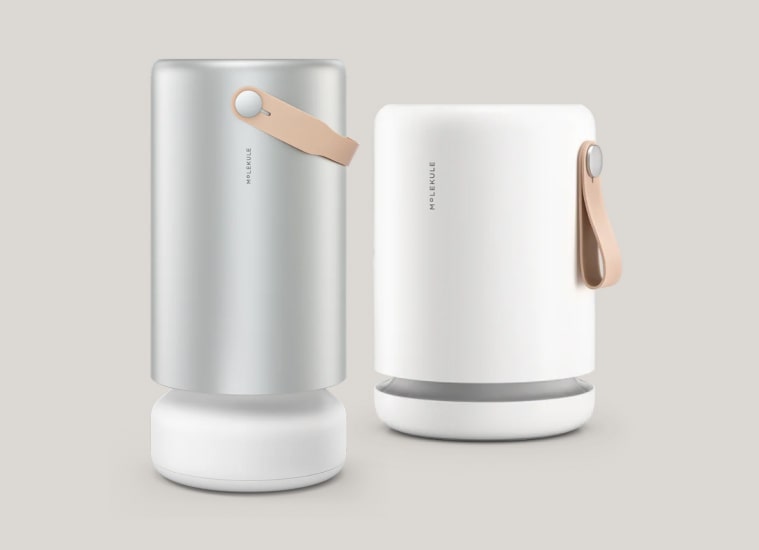5 Top Factors That Can Trigger Your Hives and What to Do About It

Lumps, bumps, stinging, and itching are unpleasant and often associated with Hives. If you’re one of the 15-20% of individuals who eventually develop them, you’ll undoubtedly go to great lengths to prevent flare-ups. You can reduce your likelihood of developing these symptoms by taking action after learning what triggers hives.
Hives can be severely irritating and painful so it is important for you to understand the common triggers and ways you can prevent them. At Allergy, Asthma, & Immunology Medical Group, our team of experts are fully aware and knowledgeable about how much of a nuisance hives can be and will do everything in our power to help.
Please, call 805-658-9500 today to speak with one of our medical professionals by booking an appointment. You can also book an appointment online if that is easier. Continue reading to learn about what typically triggers hives.
The Top 5 Triggers for Hives
Allergies – The main factor causing hives is allergies. Your body reacts by producing histamines when it encounters an allergen, such as a specific food, drug, kind of pet dander, pollen, or insect bite.
Infections – Hive outbreaks can be triggered by an infection in some persons. For instance, bacterial diseases like strep throat and urinary tract infections are frequently to blame. Hepatitis, mononucleosis, and the common cold are all viral illnesses that have been known to cause hives.
Tight-Fitting Clothing – You could wish to switch to looser-fitting clothing if you frequently break out in hives. Some individuals get hive flare-ups as a result of dermatographism, or pressure on their skin. If you’re one of them, you should stay away from tight clothing, including jeans with tight waistbands.
Fluctuating Hot & Cold Temperatures – Changes in the season, weather, or your environment may cause hives if you are particularly sensitive to cold or heat. For instance, intense exercise, spending a lot of time on a hot beach, or winter skiing may exacerbate your symptoms.
Chronic Diseases – You could also need to manage persistent hives if you suffer from a long-term condition that interferes with or changes the responses of your immune system. Lupus, diabetes, rheumatoid arthritis, celiac disease, and thyroid disease are a few of the illnesses connected to hives. Often, treating the underlying condition also lessens hives symptoms.
Good Techniques to Practice if You’re Prone to Hives
If you have had hives more than once, it is a good idea to practice these techniques to stathe them off:
- Take antihistamines
- Apply anti-itch balm to problem areas
- Ask a specialist about corticosteroids
- Avoid triggers at all costs
Get in Contact Today
If you have hives or a high frequency of hives, it is time to get in contact with a specialist. At Allergy, Asthma, & Immunology Medical Group, we have the expertise to help you. Book an appointment today by calling 805-658-9500 or you can easily book an appointment online.




